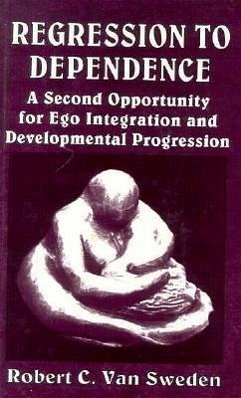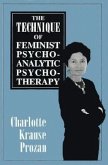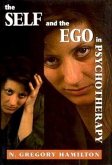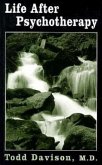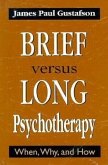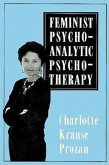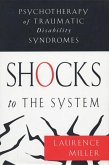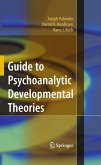Reliving early states is now widely recognized as a necessary component in psychotherapy with disturbed patients. Building on the pioneering work of Klein, Ferenczi, Balint, and particularly Winnicott, Dr. Robert Van Sweden shows how to foster the process of experiencing these early states in the analytic setting. With vivid clinical illustrations he demonstrates that regression to that time of early dependence allows the patient to reexperience the mother-infant relationship in the transference, and to reintegrate parts of the self split off during failures in the original dyadic interaction. Dr. Van Sweden, like the pioneers on whose work he builds, believes that in the safety of the analytic setting regression leads to further ego integration and to emotional development. Thus, regression to dependence is ultimately progressive. In this book Dr. Van Sweden thoroughly reviews theories of regression and then adds his own conceptualizations. He sees patients who are in need of a regression to dependence as most often those with preoedipal rather than oedipal conflicts. Therefore, technique must be altered in a way that involves metaphorically cradling the patient in reexperiencing the first few months of life. Since the patient then often experiences overwhelmingly primitive affects, the therapist must be willing to extend the standard therapeutic frame and be able to survive the patient's projected rage and pain if ego integration is to take place. This book is divided into four parts. Part One addresses the nature of regression to dependence and introduces the reader to Mrs. R., whose experiences in analysis illustrate the challenges and advantages of applying the theoretical conceptof regression in the actual clinical setting. Part Two focuses on the risks and rewards of the regression to dependence, including a review of some analysts' theoretically and clinically based objections to this process. Part Three explores the interactions between analyst
Hinweis: Dieser Artikel kann nur an eine deutsche Lieferadresse ausgeliefert werden.
Hinweis: Dieser Artikel kann nur an eine deutsche Lieferadresse ausgeliefert werden.
